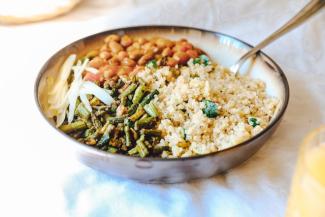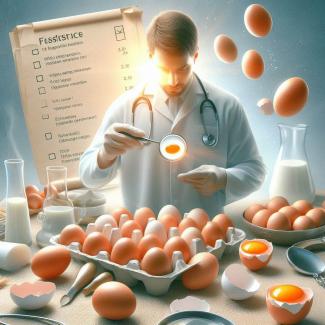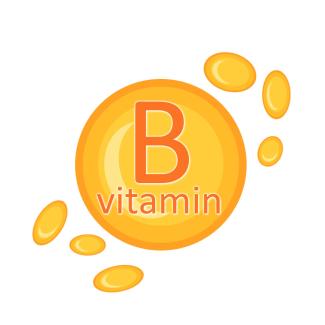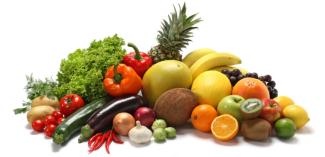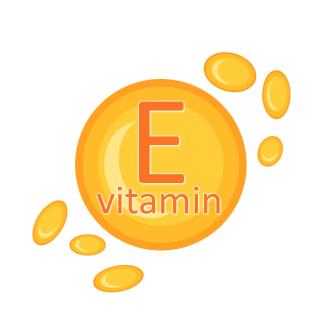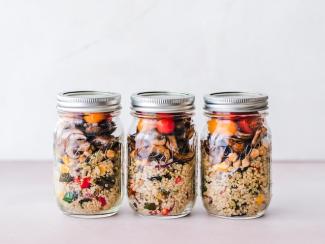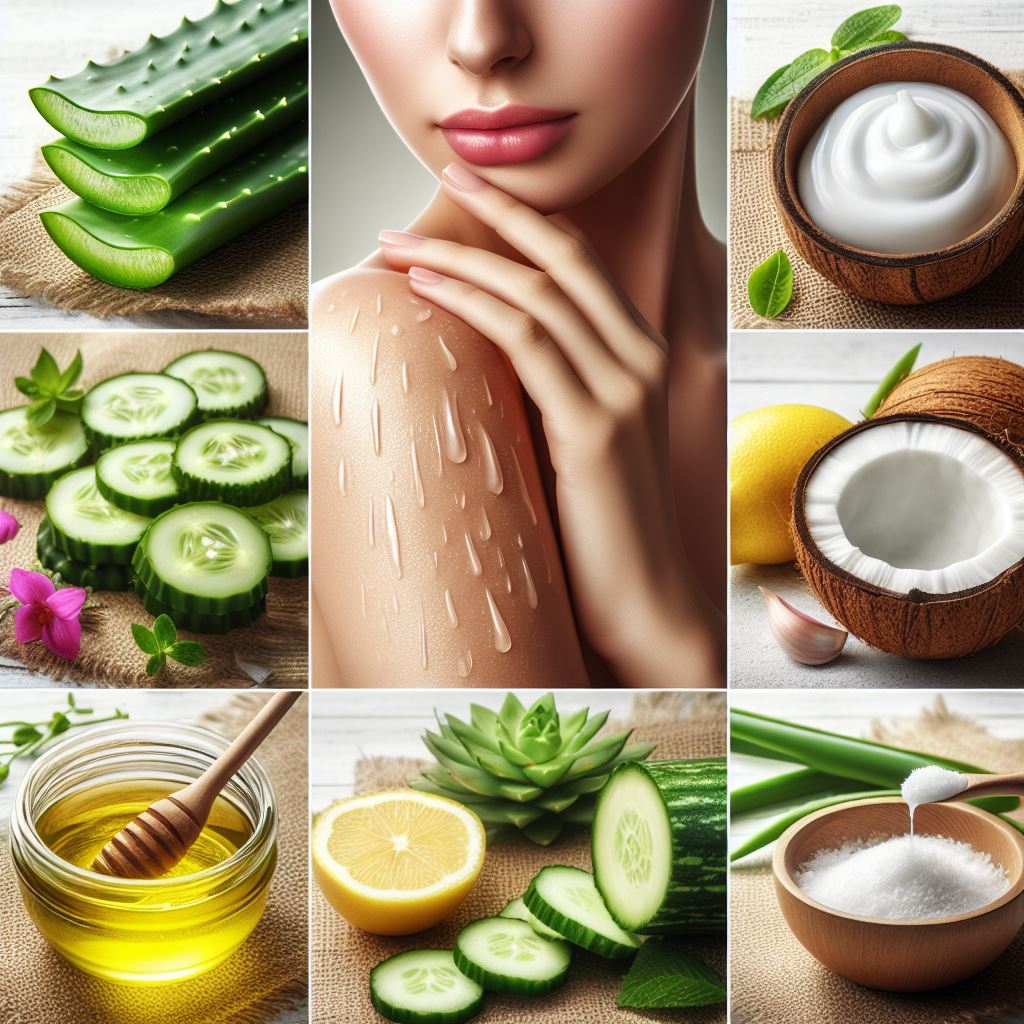
Achieving tighter skin typically involves a combination of lifestyle changes, skincare practices, and, in some cases, medical procedures. Here are some methods you can consider to help tighten your skin:
- Stay Hydrated: Proper hydration is essential for healthy skin. Drink an adequate amount of water daily to keep your skin hydrated from within.
- Eat a Balanced Diet: A diet rich in vitamins, minerals, and antioxidants can help improve skin elasticity. Include foods like fruits, vegetables, lean proteins, and healthy fats in your diet.
- Exercise Regularly: Regular exercise can improve blood circulation, which may promote skin health and elasticity. Strength training exercises can also help tone muscles, which can indirectly improve the appearance of skin.
- Avoid Smoking and Excessive Alcohol: Smoking and excessive alcohol consumption can accelerate skin aging and reduce elasticity. Quitting smoking and moderating alcohol intake can have a positive impact on your skin.
- Sun Protection: Sun exposure can damage collagen and elastin fibers in the skin, leading to sagging. Always use sunscreen when going outdoors, wear protective clothing, and use sunglasses and a wide-brimmed hat to shield your skin from the sun's harmful rays.
- Skincare Routine: Establish a skincare routine that includes cleansing, exfoliating, moisturizing, and using products with ingredients like retinol, hyaluronic acid, and peptides. These ingredients can help improve skin texture and firmness.
- Collagen Supplements: Some people opt for collagen supplements, which may help support skin elasticity. However, the effectiveness of these supplements varies, and it's essential to consult a healthcare professional before taking them.
- Topical Creams and Serums: Certain topical products may contain ingredients like vitamin C, vitamin E, or peptides that can help improve skin elasticity and firmness. Consult a dermatologist for recommendations.
- Microdermabrasion and Chemical Peels: These cosmetic procedures can help exfoliate the skin's outer layer and stimulate collagen production, leading to improved skin tightness. They should be performed by trained professionals.
- Radiofrequency and Laser Treatments: Non-invasive procedures like radiofrequency therapy and laser treatments can stimulate collagen production and tighten the skin. These treatments are usually performed by dermatologists or licensed practitioners.
- Surgical Options: In cases of severe sagging skin, surgical procedures like facelifts or tummy tucks may be considered to remove excess skin and provide a tighter appearance. Consult with a board-certified plastic surgeon for more information.
Remember that achieving tighter skin can take time and consistency. Results may vary from person to person, and it's essential to be patient and realistic about the outcomes you can achieve through various methods. Consult with a dermatologist or healthcare professional for personalized advice and recommendations based on your specific skin type and concerns.
Superfood quinoa and its benefits
Quinoa (pronounced "keen-wah") is a plant and food grain that originates from South America, primarily the Andean region. It is one of those foods that have gained worldwide popularity due to its numerous health benefits. Quinoa is often described as a "superfood" because of its high nutritional value. Here's a detailed description of quinoa, how to use it, and its benefits:
Quinoa (Chenopodium quinoa):
Vitamin B - why we need it
Vitamin B, or the B-complex vitamins, is a group of water-soluble vitamins that play essential roles in various bodily functions. There are several B vitamins, each with its unique functions, but they are often grouped together because they are commonly found in the same foods and work together in many metabolic processes. Here's why we need vitamin B:
Which vitamin is most important for healthy nails?
Several vitamins and minerals are important for maintaining healthy nails, but one of the key vitamins that plays a significant role in nail health is biotin, also known as vitamin H. Biotin is a water-soluble B vitamin that is important for the growth and maintenance of healthy hair, skin, and nails. It is often recommended as a supplement for individuals with brittle or weak nails.
In addition to biotin, other vitamins and minerals that can contribute to healthy nails include:

